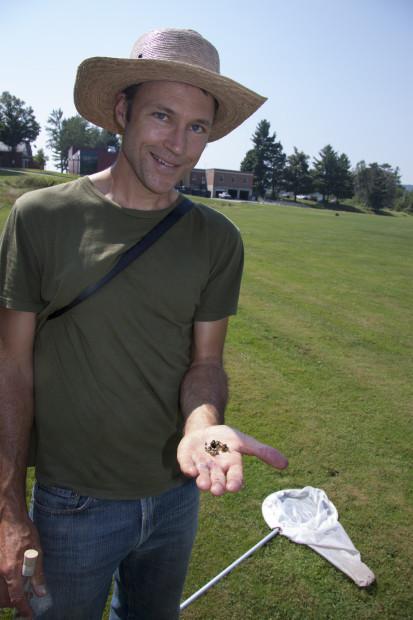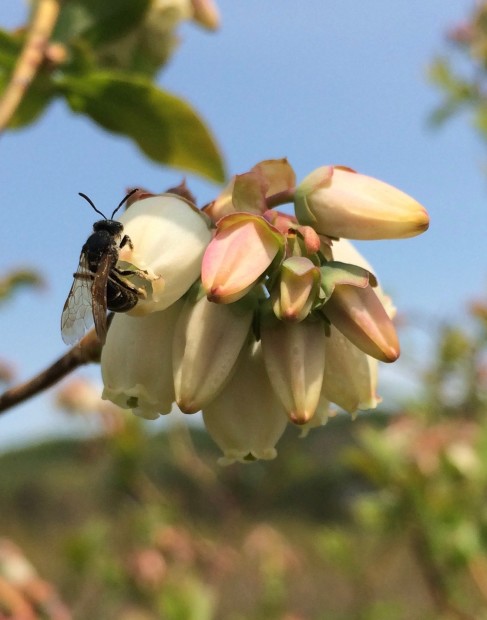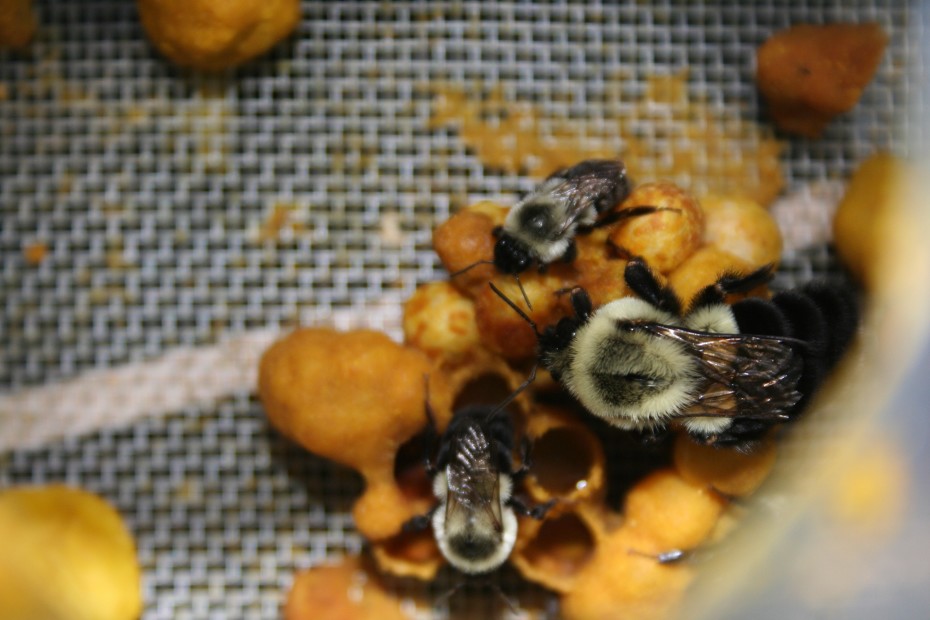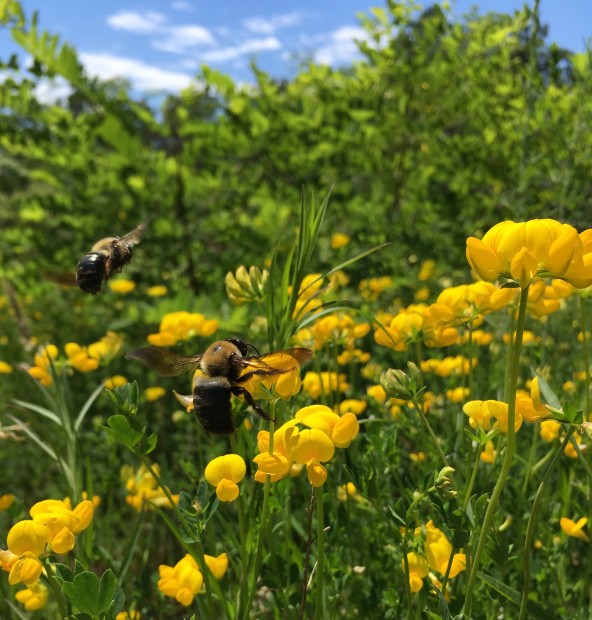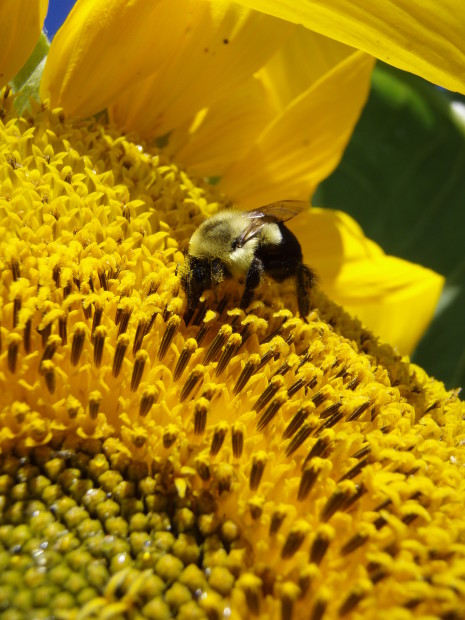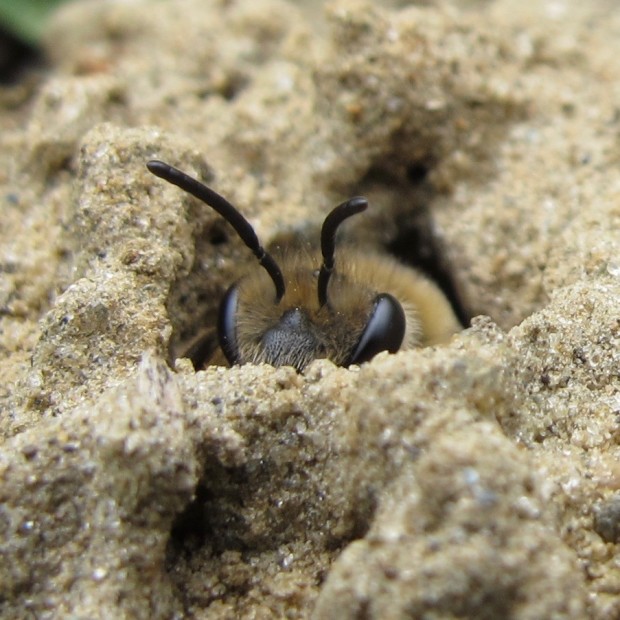Pollinator services
Stone is uniquely positioned to offer crop pollinator risk assessment and inventory services. Our team brings a wealth of experience conducting GLP residue sampling and monitoring studies for clients in the agrochemical field, as well as expertise in tiered regulatory risk assessments for bees, pesticide residue impacts to non-target organisms, crop pollination, invertebrate diversity studies, and pollinator habitat stewardship.
Stone’s pollinator field studies are managed by Senior Ecologist Dr. Leif Richardson, a leading authority on bumble bee species – their taxonomy, ecology, distribution, and conservation– and an expert in the chemical ecology of pollination, multispecies mutualisms in agriculture, and the decline and conservation of bumblebees. At Stone, Dr. Richardson draws from his extensive field and lab research on both honey bees and native bees, such as mason bees and bumble bees, to support a wide variety of projects for both public and private organizations, including efforts to assess the risk to bees of pesticides under EPA registration review
Stone is an active participant in efforts by the research, regulatory, and private sector efforts to standardize methods for non-Apis bee risk assessment. Currently collaborating with apiarists, growers, and CROs to complete such studies, we are rapidly building our capacity to provide bee risk assessment services to clients—from Tier I acute contact studies to higher tier field studies.
In addition, the Stone team has expertise in the inventory and identification of bees and other pollinator species. We hold a Scientific Recovery Permit for the rusty-patched bumble bee, issued by the US Fish & Wildlife Services, and are able to offer clients inventory, stewardship, and assessment services for this and other species of conservation concern.
Specific services we offer include:
- Nectar and pollen residue sampling and analysis (from crops and bees)
- Tier I risk assessment for honey bees and non-Apis bees
- Tier II semi-field tunnel studies
- Tier III field studies
- RT25 studies of leaf residue effects on bees
- Pollinator habitat restoration and stewardship
- Endangered species survey and assessment
- Diversity surveys
- Dust-off residue risk assessment
- Literature research and data analysis to support decision-making
